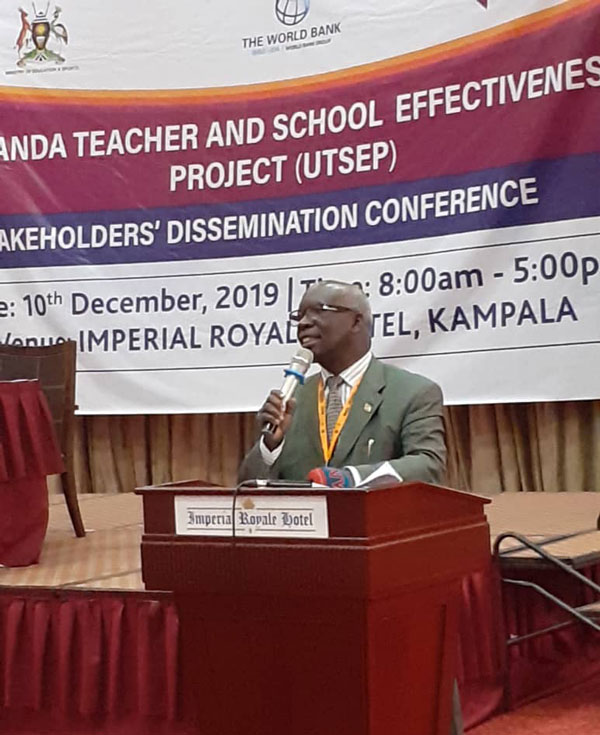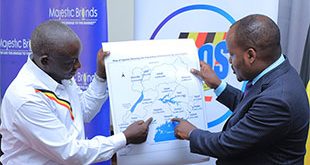
Kampala, Uganda | THE INDEPENDENT | The Ministry of Education has confirmed that 8,000 teachers have been trained to teach Swahili in all primary schools starting next year.
This follows the creation of the Swahili Council that is mandated with supervising the teaching of the language in all schools.
According to the Ministry of Education, the teachers will be deployed in all private and public primary schools from Primary Four to Seven.
Dr Tony Mukasa Lusambu, the commissioner of Basic Education says that the move to deploy the trained teachers is well planned.
According to Dr Lusamau, the new Swahili policy in schools will not interfere with the thematic curriculum that currently calls for learners to use the most predominant local language in an area as a language of instruction.
“We have been piloting this program for the last two years in primary schools in 75 districts and we plan to use the model that has been used. Learners will continue with the local dialect until Primary 3 before being introduced to Swahili in Primary Four,” he explained.
He also says that the Ministry has started delivering instructional materials such as textbooks and dictionaries to government-aided schools.
During the implementation of the policy, the education ministry is planning to intensify inspections in schools to make sure that all schools teach Swahili.
Dr. Kedrace Turyagenda, the Director of Education Standards at the Ministry of Education, says that they are going to carry out intensive random inspections to make sure that all schools teach the language.
“We normally pass policies but we face a problem with private schools implementing them.
This time round, we have hired some people to help us with inspection works. This with the new school inspection handbook that pushes inspectors to spend time in a classroom during a lesson will help us make sure Swahili is being taught,”Dr Turyagenda said.
When the policy was announced early in the year, teachers were hesitant about due to human resource concerns. With 8,000 teachers already trained, teachers that URN spoke note that the policy will be a success.
Isaac Mubiru, a primary six pupil at Good Daddy Primary School says that learning of Swahili would give him the ability to speak another language.
“It will be nice since I will be able to speak a new language and also communicate to people that I have not been able to talk to before,” Mubiru said.
The idea to introduce compulsory Swahili lesson first came up in the 1992 government white paper on education policy review commission report titled ‘Education for National Integration and Development’. It was recommended that both Swahili and English be compulsory subjects throughout the primary cycle in both rural and urban schools.
However, even after 1995 Constitution recognized the language as the second official language in the country after English few schools have been teaching Kiswahili although it is widely used among two countries of the East African Community.
In 2016, the then East African Affairs Minister, Shem Bageine said Swahili would be compulsory from primary to University level effective 2018, however, this was never fully achieved.
With the training of human resource, Dr Lusambu says that this time around Uganda will be able to properly teach the language.
“In the past, we failed because we were faced with so many challenges. But we have since addressed most of challenges like human resources and study materials we are now hoping that the learners will have a better footing to compete with their counterparts in other Swahili speaking countries,” Dr Lusambu said.
****
URN
 The Independent Uganda: You get the Truth we Pay the Price
The Independent Uganda: You get the Truth we Pay the Price



